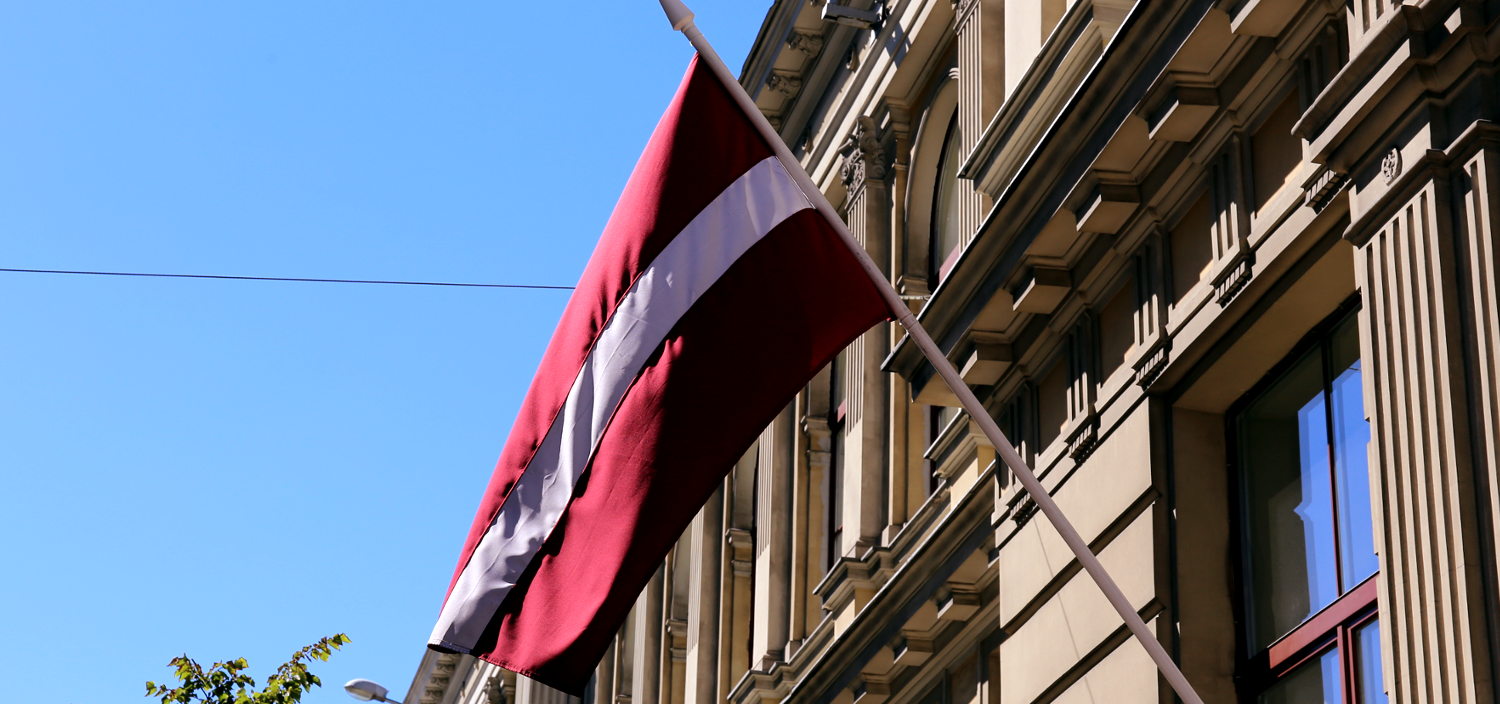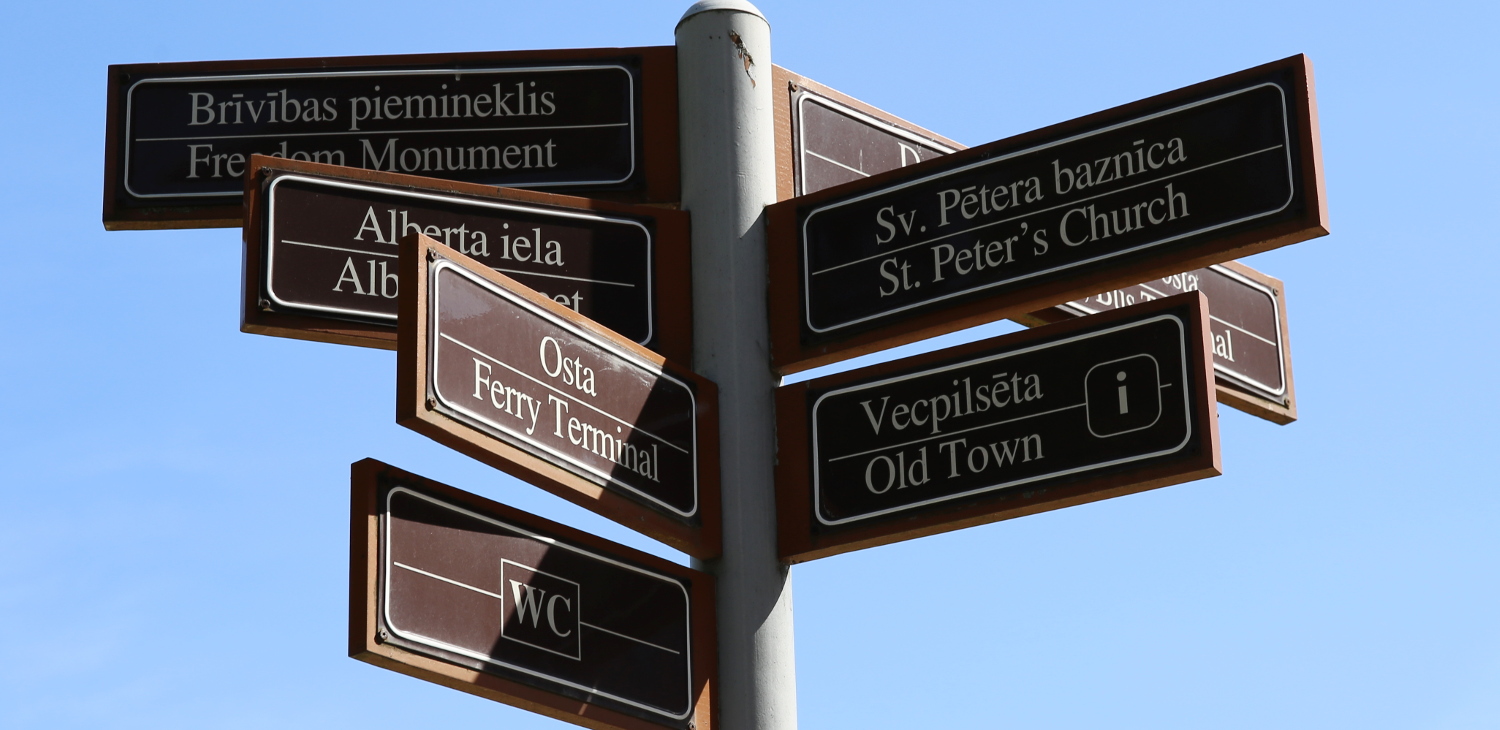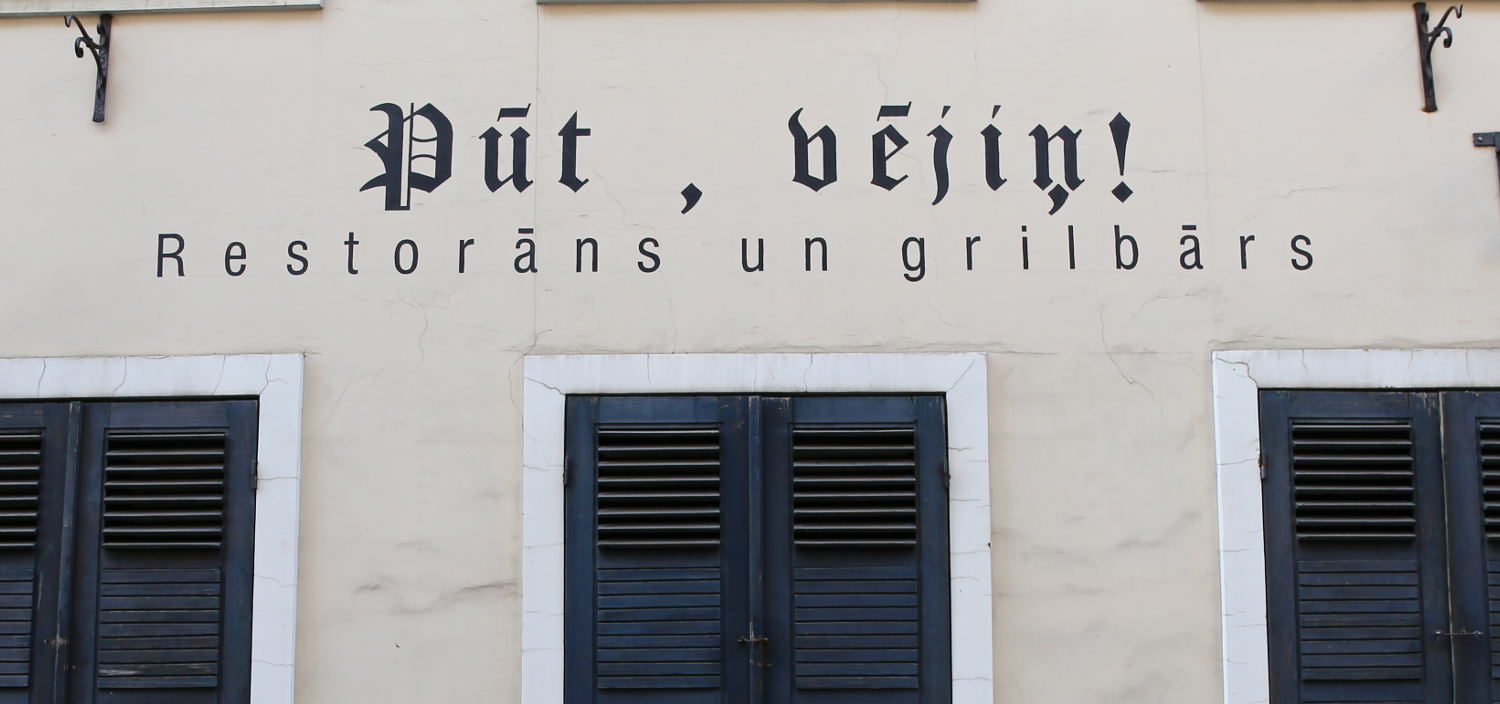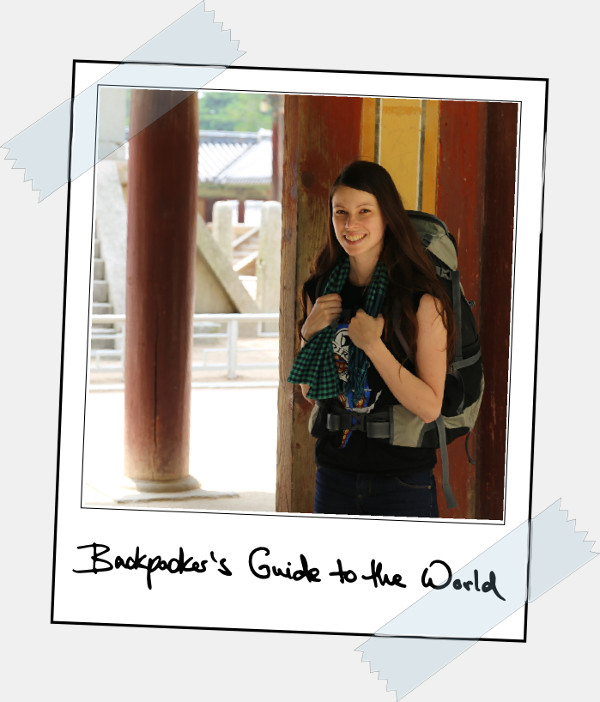[Erasmus+] Es runāju latviski – 3 weeks of intensive Latvian language class
It’s not easy to participate in an exchange program to Latvia. All the time someone is confused which country you’re talking about. Latvia? Lithuania? Estonia? And where the hell is it? Actually, it’s not any complicated. Latvia is part of the EU (I’m from Germany), since 2014 it’s possible to pay by Euro. It’s not too far from Germany and it’s not hard to participate in an exchange program because not many others want to.
Latvian is spoken by about 2 million native speakers, a rather tiny language. Many even don’t know that the Latvian language exits and think the Russian is spoken in Latvia. That’s true because there’s a Russian minority of about 30% and most of Latvians can speak Russian due to various reasons.
At my exchange university it is possible to apply an intensive Latvian language class. Luckily, I got accepted. So the past three weeks have been all about learning learning and learning. That isn’t new to me. During my time in Japan, I’ve studied Japanese quite the same way for a longer period of time. But Latvian is a little different? Have you ever heard Latvian? How does it sound like? Many people think it sounds similar to Russian, in fact it doesn’t. It sounds completely different. There are more German words than Russian ones.
The Latvian alphabet is similar to the English one (no w, q, x, z). Additionally, it has long vowels (ā, ū, ī, ē). The o sounds kind of funny, it’s often pronounced like “uo”. “Sch” has an own letter š, also “Tsch” (č) and the voiced “Sch” (ž). Really confusing are the soft consonants ķ, ļ, ģ und ņ. ķ is something between a k and a t, ģ between d and g. ņ is similar to Spanish ñ and ļ similar to Spanish ll. My boyfriend is Latvian without him I would be totally lost when it comes to pronunciation. At beginning my lower lip hurt terribly.
Latvian uses declensions and conjugations which is nothing to a German, but for an English native it can get very complicated. Germans usually change a words article, Latvians don’t use articles at all and change the word’s ending instead. Names can be declined as well. My name: Alise (nominative), Alises mašīna (Alise’s car, genitive), Alisei garšo siers (Alise likes cheese, dative) and ar Alisi (with Alise, accusative). And there is another case called lokative. It expresses a word’s location: Siers ir Alisē (The cheese is in Alise). This one is very tricky, because it is formed by using long vowels instead of short ones. At beginning everything sounds the same, but you say something totally different if you use the wrong ending.
A very interesting aspect was that almost every day we’ve learned a new Latvian song. Singing is very important in Latvia and Latvia has the world’s biggest collection of folk songs. There are more songs than there are Latvians. So it might happen a Latvian does what he does, he sings a song. In case you’re interested just look for “Latvian Songfestival” on Youtube. This festival is held regularly and thousands of Latvians come together for singing.
Finally, the past three weeks have been really though. New grammar and vocabulary every days and no possibility of taking a break. After the first shock Latvian is not as hard as it seems (especially for a German). Latvians like it if people learn and speak their language. But of course it’s still impossible for me the have a real conversation but hopefully it will be possible soon.
Bez panikas!




 Backpacking is my favourite "hobby" and here I write tips, tricks and reports about it.
Backpacking is my favourite "hobby" and here I write tips, tricks and reports about it.